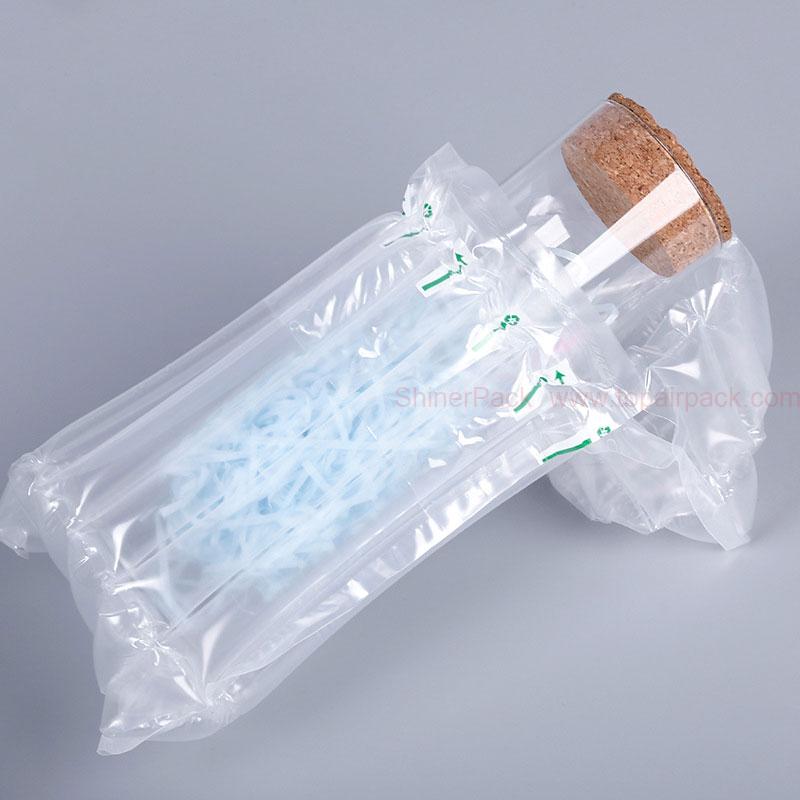
Response to different stressors is mediated by several neural circuits that converge on the paraventricular nucleus (PVN) of the hypothalamus (Myers, McKlveen et al. 2014). The PVN regulates pituitary hormone production, including adrenocorticotropic hormone (ACTH), which binds to melanocortin type 2 receptors in the adrenal cortex to induce steroidogenesis in distinct layers (Dringenberg, does drinking alcohol weaken your immune system Schwitalla et al. 2013). Primates have a threelayer adrenal cortex with cortisol being the primary glucocorticoid produced in the zona fasciculata (Nguyen and Conley 2008), which is released in response to stress (O’Connor, O’Halloran et al. 2000). Corticosterone is the main glucocorticoid involved in the regulation of stress responses in rodents (Smith and Vale 2006).
Modulation of Adaptive Immunity by Alcohol
Acute high dose exposures inhibit whereas long-term treatments stimulate proinflammatory cytokine production. In addition, in vivo consumption of moderate amounts enhances phagocytosis and reduces inflammatory cytokine production whereas chronic consumption of large doses inhibits phagocytosis and production of growth factors. Alcohol consumption increases intestinal permeability through the suppression of intestinal tight junction protein expression. This alteration allows the translocation of bacterial products to the systemic circulation. The gut-derived bacterial components together with LPS activate the immune cells localized in the systemic circulation or in target organs such as liver and brain. This causes the increase in pro-inflammatory components that can lead to alcohol liver disease or increased states of neuroinflammation.

What Does Alcohol Do to Your Body? 9 Ways Alcohol Affects Your Health
She often brings her own nonalcoholic beer or wine to social gatherings, Laing said, and most bartenders are happy to make a mocktail. For people who drink several times a week and do not have alcohol dependency, even slightly reducing intake can have significant health benefits, Keyes added. Dr. Krishna Aragam, a cardiologist and researcher at the Massachusetts General Hospital and the Broad Institute of Harvard and MIT, said some past research has found that light to moderate drinkers may be more likely to have lower body mass index, eat more vegetables and engage in more physical activity than people who do not drink at all. Overall, avoid drinking more than moderate amounts if you want your immune system in good shape, says Favini. Not only will drinking alcohol reduce your immune system’s strength, but alcohol also has a dehydrating effect. “Those at increased risk should cut down or abstain from alcohol because every little thing an individual can do to improve the health and reduce risk is worth it at this point, even if the evidence is not entirely clear,” Mroszczyk-McDonald said.
How Alcohol Can Affect Your Immune System
For example, Nagy discusses how the leakage of bacterial products from the gut activate the innate immune system in the liver, triggering inflammation that underlies ALD, a condition that affects more than 2 million Americans and which eventually may lead to liver cirrhosis and liver cancer. Infection with viral hepatitis accelerates the progression of ALD, and end-stage liver disease from viral hepatitis, together with ALD, is the main reason for liver transplantations in the United States. The article by Dolganiuc in this issue explores the synergistic effects of alcohol and hepatitis viruses on the progression of liver disease as well as alcohol consumption’s injurious effect on liver antiviral immunity. Mandrekar and Ju contribute an article that homes in on the role of macrophages in ALD development, including recent insights into the origin, heterogeneity, and plasticity of macrophages in liver disease and the signaling mediators involved in their activation and accumulation. This complicates understanding of alcohol-induced changes, especially because those changes are dependent upon the amount of alcohol consumed. Most studies of individuals with AUD and AUD models involve binge drinking and even extreme binge drinking.
- Each time a person drinks alcohol, some of the liver’s cells die, and new ones regenerate.
- Decreased IL-2 and CCL5 levels provide insight into possible mechanisms of impaired T cell recruitment and proliferation.
- Heavy alcohol use weakens the immune system, and a weak immune system makes it easier to get sick.
- In fact, with the emergence of COVID-19 (along with other recent respiratory illnesses), the term “compromised immune system” has become all too common over the past few years.
- If your body can’t manage and balance your blood sugar levels, you may experience greater complications and side effects related to diabetes.


- Before you decide whether to pour a glass, it’s worth understanding how alcohol influences the immune system — as well as taking the time to reflect on your own relationship with alcohol.
- Alcohol alters the makeup of your gut microbiome — home to trillions of microorganisms performing several crucial roles for your health — and affects those microorganisms’ ability to support your immune system.
- However, all immunoglobulins produced by one B-cell and its daughter cells specifically recognize the same antigen.
- Further, studies found that cholinergic neurons respond to HMGB1-TLR signaling with increases in REST that silence ChAT and other cholinergic genes, changing neuronal phenotypes (i.e., reducing cholinergic neurotransmission).
- More studies are needed to better link how transcription shifts link neuronal networks, AUD, and related psychological dysfunction.
- For example, Nagy discusses how the leakage of bacterial products from the gut activate the innate immune system in the liver, triggering inflammation that underlies ALD, a condition that affects more than 2 million Americans and which eventually may lead to liver cirrhosis and liver cancer.
- In addition, most studies have been done in vitro using primary cells or cell lines in the presence of rather high, constant doses of ethanol.
- If you drink every day, or almost every day, you might notice that you catch colds, flu or other illnesses more frequently than people who don’t drink.
- Cytokines can also modulate important behavioral functions including learning and memory (Hao, Jing et al. 2014) possibly due to their role in neuroplasticity (Sheridan, Wdowicz et al. 2014).
- Monocytes express Toll-like receptor (TLR) 4, the PRR that is often responsible for recognizing LPS on the surface of Gram-negative bacteria.
- In healthy brains, expression of pro-inflammatory Toll-like receptors (TLRs), cytokines, and chemokines is low and occurs primarily in microglia, with transient changes in expression linked to development and synaptic physiology.

